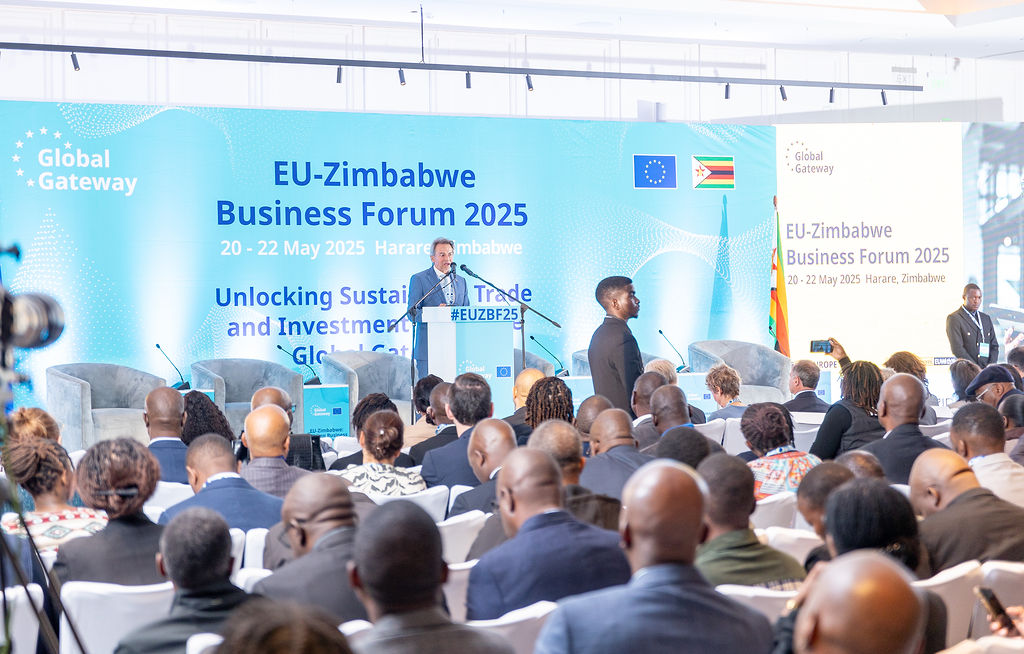EU recommits to Ghana's agric, climate resilience agenda - BusinessGhana
The European Union (EU) has reaffirmed its commitment to supporting Ghana’s agriculture and climate resilience agenda.
This comes after the six-year Resilience Against Climate Change Social Transformation Research and Policy Advocacy (REACH-STR) project officially ended this year.
The REACH-STR was a research and policy initiative focused on building resilience against climate change in Ghana and was implemented from 2019 to 2025 in the Upper West and Savannah regions.
The project aimed at enhancing social transformation through integration of social dynamics into climate adaptation strategies, particularly in the context of water resilience and sustainable agricultural development.
Speaking at the closure event, Head of Cooperation at the EU Delegation to Ghana, Mr Massimo Mina, described the project as a key pillar of the EU-Ghana Agriculture Programme (EUGAP), reflecting a strong partnership aimed at modernising Ghana’s agricultural sector and fostering climate-adapted, inclusive development.
He noted that the EU’s support for Ghana’s agriculture sector totalling €183 million focuses on building sustainable food systems, especially in the northern regions who are hardest hit by climate change.
Implemented by the International Water Management Institute (IWMI) and partners, he said REACH-STR has delivered significant impact since its launch in 2019, including evidence-based solutions and empowered communities to better withstand climate shocks and environmental stress in the Upper West and Savannah regions.
He added that there has been training for over 50 district development officers on integrating social transformation into climate adaptation strategies.
Mr Mina said the project awarded scholarships to 19 Master’s and PhD students, producing critical research on climate resilience, gender, and migration to support policy formulation.
“Notable outputs include the development of a six-step Social Transformation Framework to guide inclusive development planning, and a gender and climate vulnerability hotspot map covering all 261 districts in Ghana, a practical and impressive decision-support tool,” he noted.
The project also helped elevate social transformation issues into national and global policy discussions through pre- and post-COP dialogues, providing insights on inclusive finance and climate action.
“REACH-STR has touched lives, empowered communities, and laid the groundwork for a more equitable future,” Mr Mina said.
The Director, Women in Agricultural Development, Ministry of Food and Agriculture, Mrs Paulina Addy, highlighted the significance of tools like the gender and climate vulnerability hotspot map, which covers all 261 districts and serves as a practical resource for development planning, especially in the agriculture sector.
She stressed that the REACH-STR project has made important contributions to the understanding and practice of social transformation for climate resilience, and that its gains must be preserved.
She reaffirmed the Ministry’s commitment to working with partners to incorporate these insights and tools into the country’s agricultural transformation initiatives.
The Deputy Country Representative of IWM, Dr Charity Osei-Amponsah, emphasised that the initiative has proven that inclusive climate action is both achievable and crucial.
She noted that by prioritising the involvement of local communities particularly women and young people in climate planning, the project has laid a strong foundation for more informed and resilient decision-making across the country.







